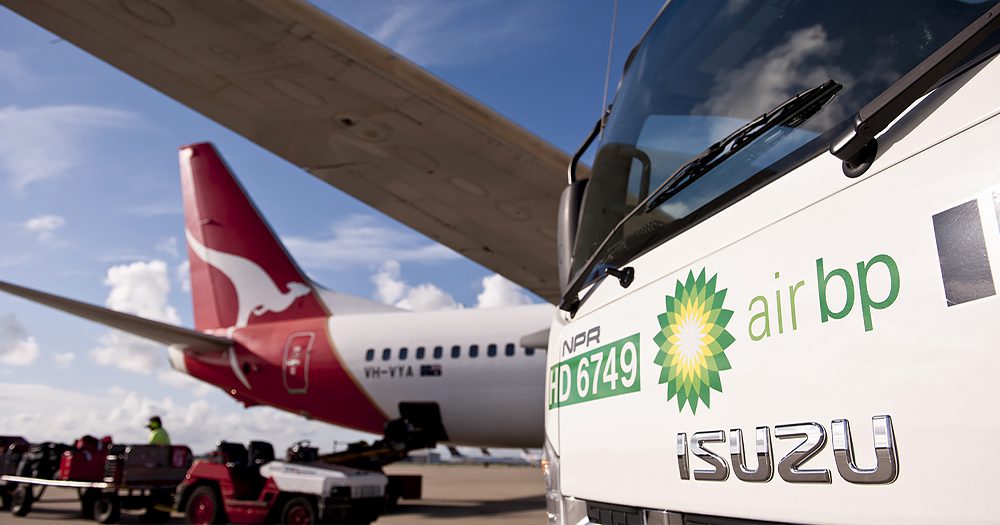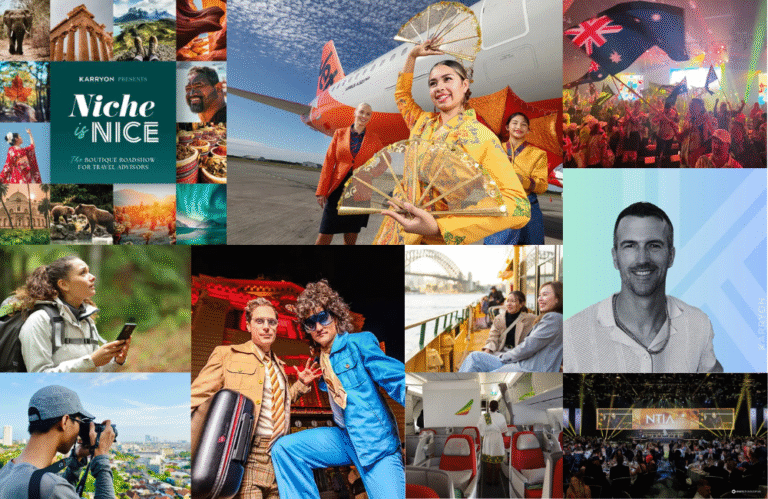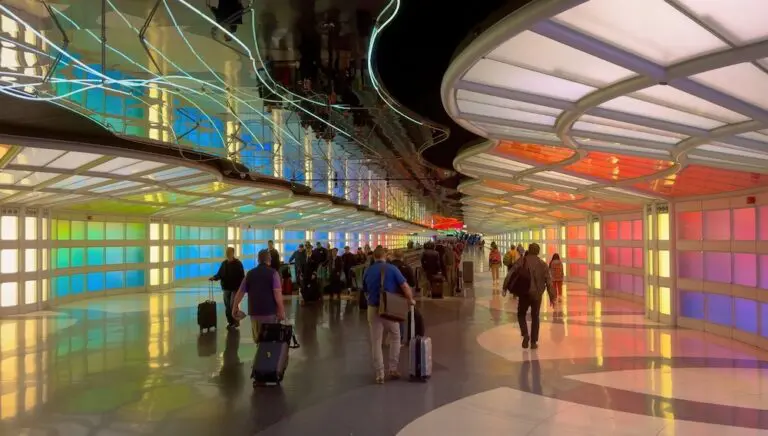The Qantas Group is launching a $400 million climate fund to back sustainability projects and technologies as the airline strives to meet its emissions reduction targets. The national carrier is also urging the Australian Government to implement a SAF blending mandate to boost local SAF production.
Announced at the Group’s Investor Strategy Day yesterday, the Qantas Climate Fund is set to become the largest aviation fund globally.
The fund features a $290 million partnership established last year between Qantas and Airbus to foster a domestic sustainable aviation fuel (SAF) industry in Australia.
An additional $110 million from Qantas is earmarked for other environmental initiatives, including high-integrity carbon offsets, offshore SAF investments, and operational efficiency technologies.
Speaking at the launch, Qantas Group Chief Sustainability Officer Andrew Parker said, “Managing climate change is now built into how we do business and is a key part of our strategy through to 2030 and beyond.
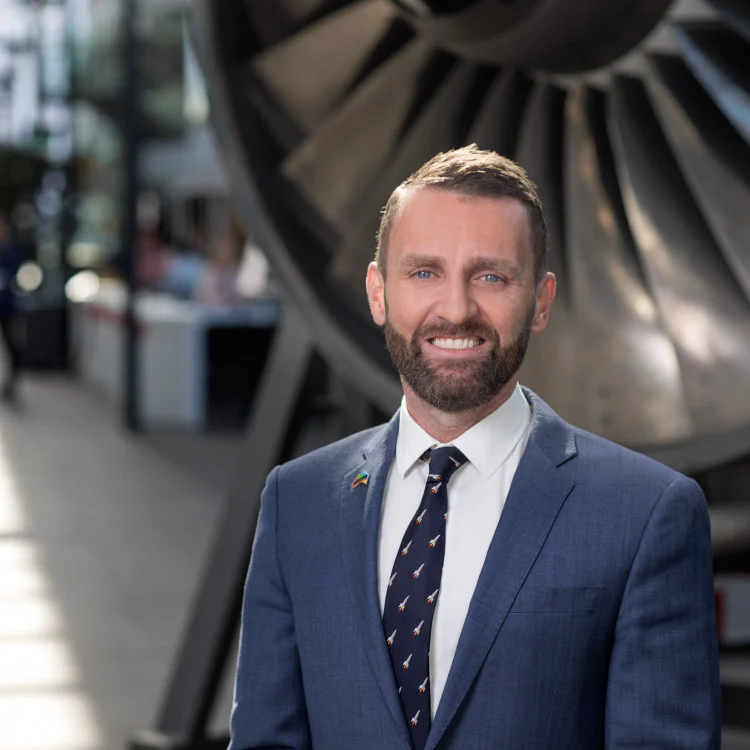
Qantas has pledged to reduce carbon emissions by 25 per cent by 2030 (compared to 2019 levels) and to incorporate 10 per cent SAF into the Group’s fuel mix by 2030 as part of the airline’s long-term goal to achieve net-zero emissions by 2050.
SAF is made from sustainable sources such as waste oils, agricultural residues, and non-food crops. The critical aspect of SAF is that it significantly reduces aviation’s carbon footprint, as it emits less carbon dioxide and other greenhouse gases than conventional jet fuel.
The extent of reduction can vary based on the type of feedstock used and the manufacturing process, but estimates suggest that SAF can cut lifecycle greenhouse gas emissions by up to 80 per cent.
However, currently, SAF constitutes less than 1 per cent of total aviation fuel consumption worldwide due to its higher production costs compared to traditional jet fuel and the need for greater commercial production facilities.
Qantas advocates for an Australian SAF industry
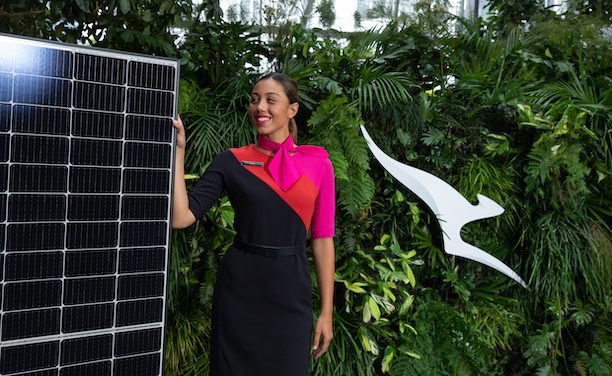
Due to a commercial-scale SAF industry being absent in Australia, Qantas is sourcing SAF from overseas, including 10 million litres for flights out of London in 2023 and 20 million litres per year for flights out of California from 2025.
As such, domestic SAF production is integral to Qantas Group’s aim of integrating 10 per cent SAF into its total fuel mix by 2030 and approximately 60 per cent by 2050.
Qantas is urging the Australian Government to implement a SAF blending mandate to boost local SAF production, similar to policies in other regions. Countries like the UK, Europe, Japan, and the US have set or proposed mandates to be achieved by the decade’s end.
“Governments around Australia are making important progress on working with industry to help decarbonise, and we welcome that,” said Parker.
“Creating markets for new fuels is a critical part of tackling climate change, which is why we’re today calling for a SAF mandate to be introduced to catalyse the development of the industry.
“Several of the countries we fly to have already committed to blending mandates of 5 to 10 per cent by 2030, and others are well on the path to introducing one. Australia has significant advantages for SAF production, and there’s a great opportunity to create a new domestic industry.
“Without the right policy settings and signals, we will see investment, projects and feedstocks move offshore to places with specific policy support. We look forward to working with government and the rest of the industry to ensure we capitalise on this opportunity for Australia,” added Mr Parker.
The airline is now soliciting expressions of interest from industry partners and businesses seeking funding.
For more, head to www.qantas.com.au



